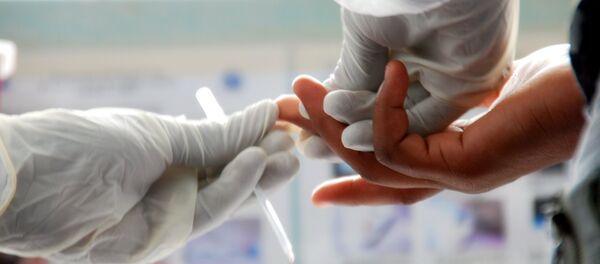Pence says the increase is due to more people using intravenous prescription drugs, with a significant spike in just the past couple of months.
"Now I’m evaluating all of the issues and all of the tools that may be available to local health officials in light of a public health emergency," Pence said about rural Scott County, located about a half-hour from Louisville, Kentucky.
Since December of last year, Scott County has had 72 confirmed cases of HIV, when in past years it has averaged less than five. State health officials say that the latest outbreak is unique because all of the cases have been tied to intravenous drug use, even though HIV is largely considered to be a sexually transmitted disease. State officials say they expect to see more cases in the next few weeks.
Ironically, Pence, who is a Republican, has been against needle exchanges, saying it is a not a good deterrent. However, he now says it makes sense for Scott County.
"I do not support needle exchanges as anti-drug policy, but this is a public health emergency," he said. "The people of Scott County are working hard to address this crisis, and with additional state resources and new tools provided by this emergency declaration, I am confident that together we will stop this HIV outbreak in its tracks," Pence said.
The Indiana State Department of Health will supervise a "short-term needle exchange program for the sole purpose of containing the epidemic," according to a press release issued Thursday by the governor's office.


